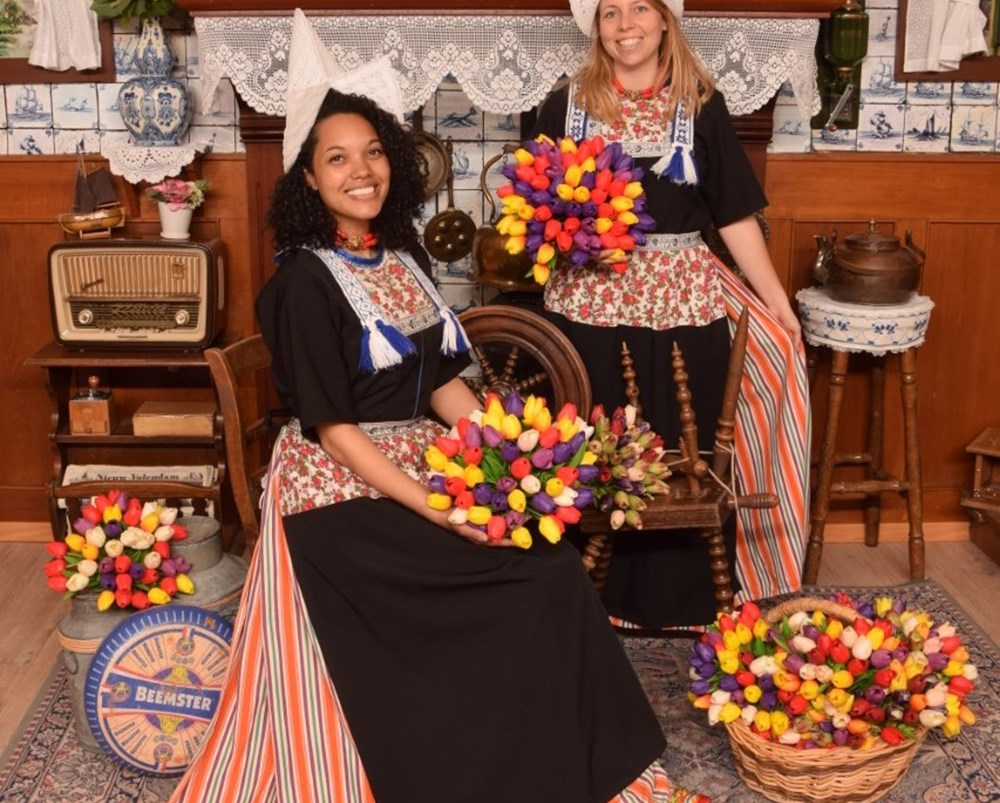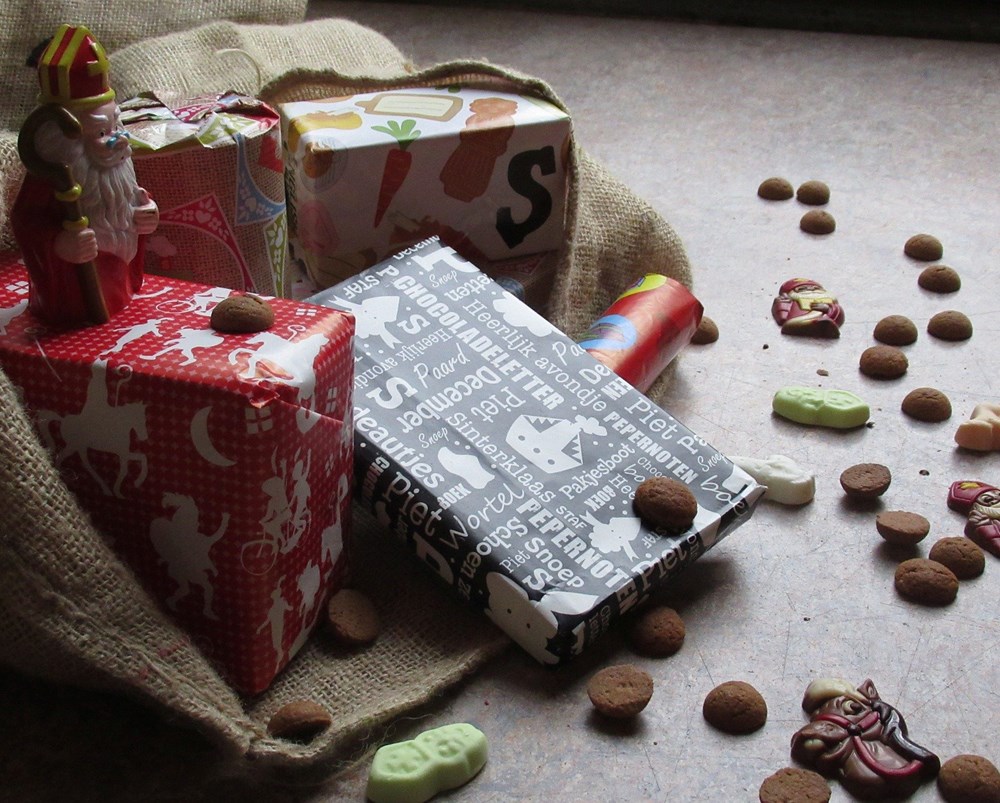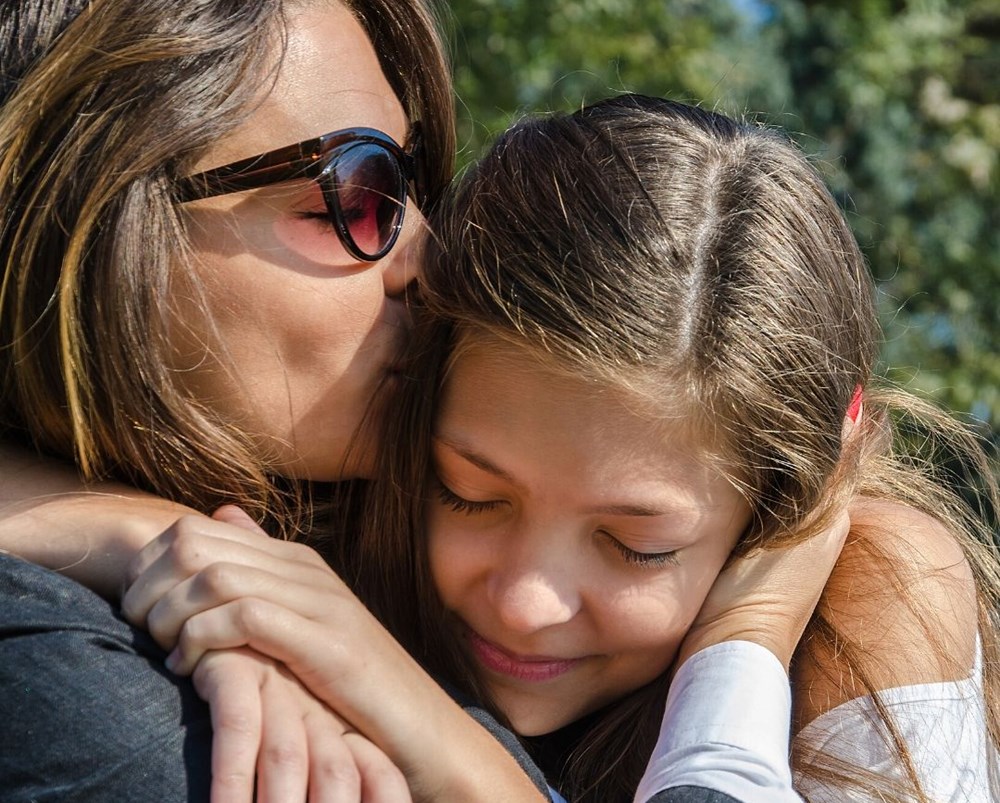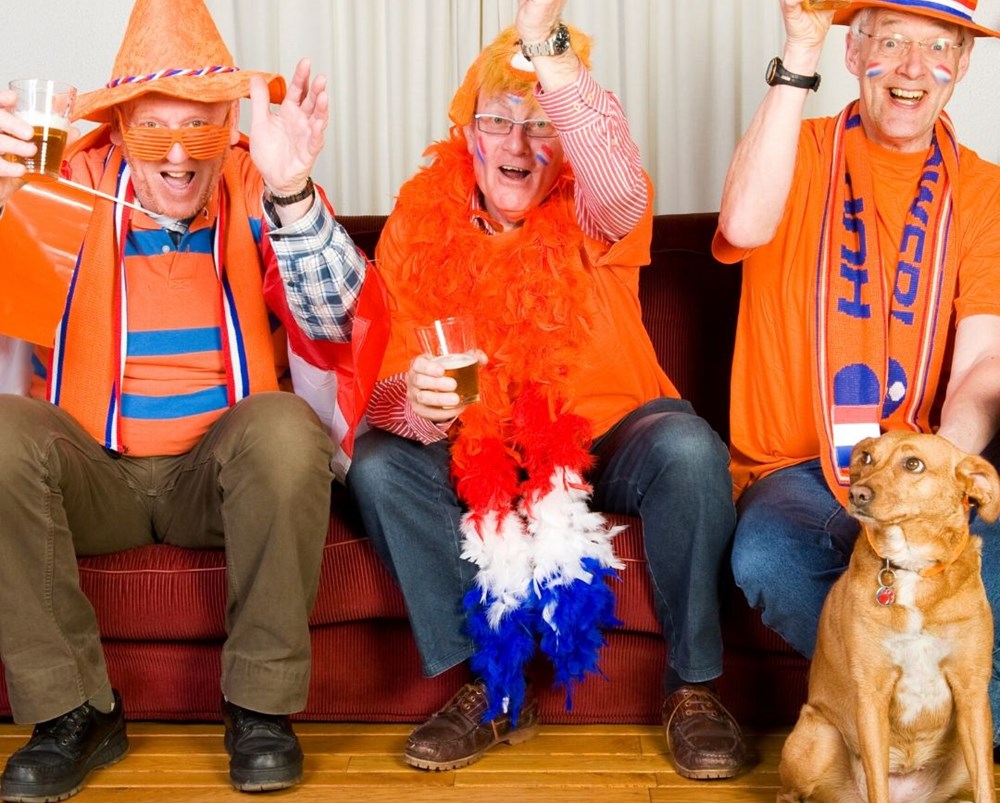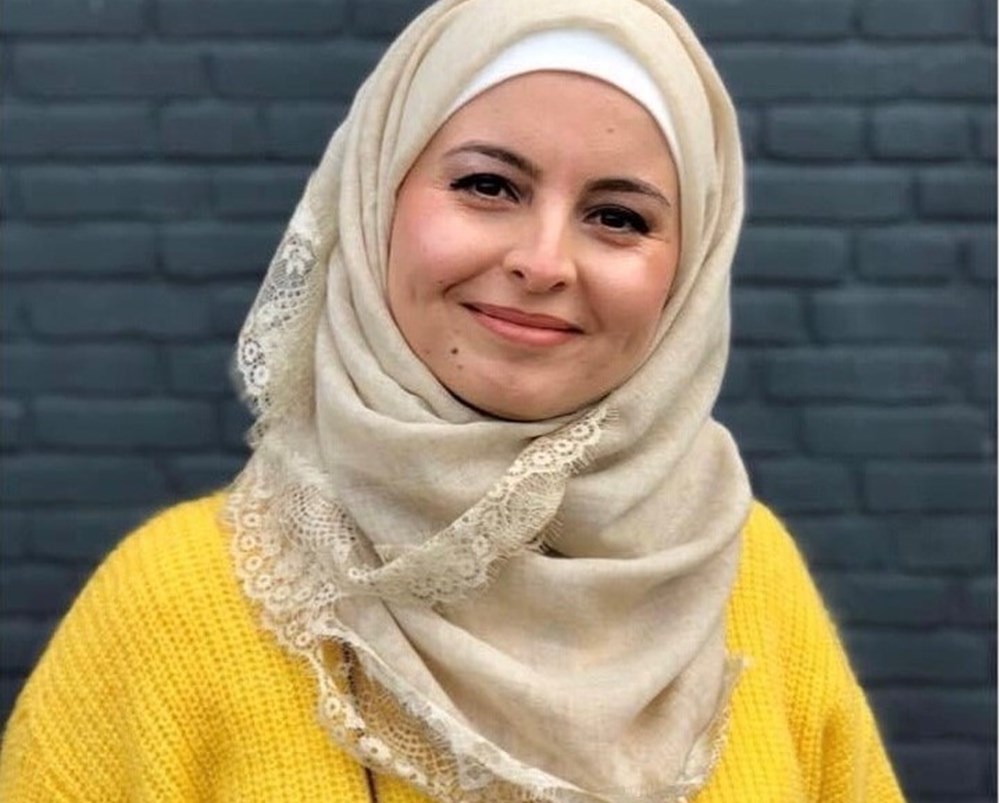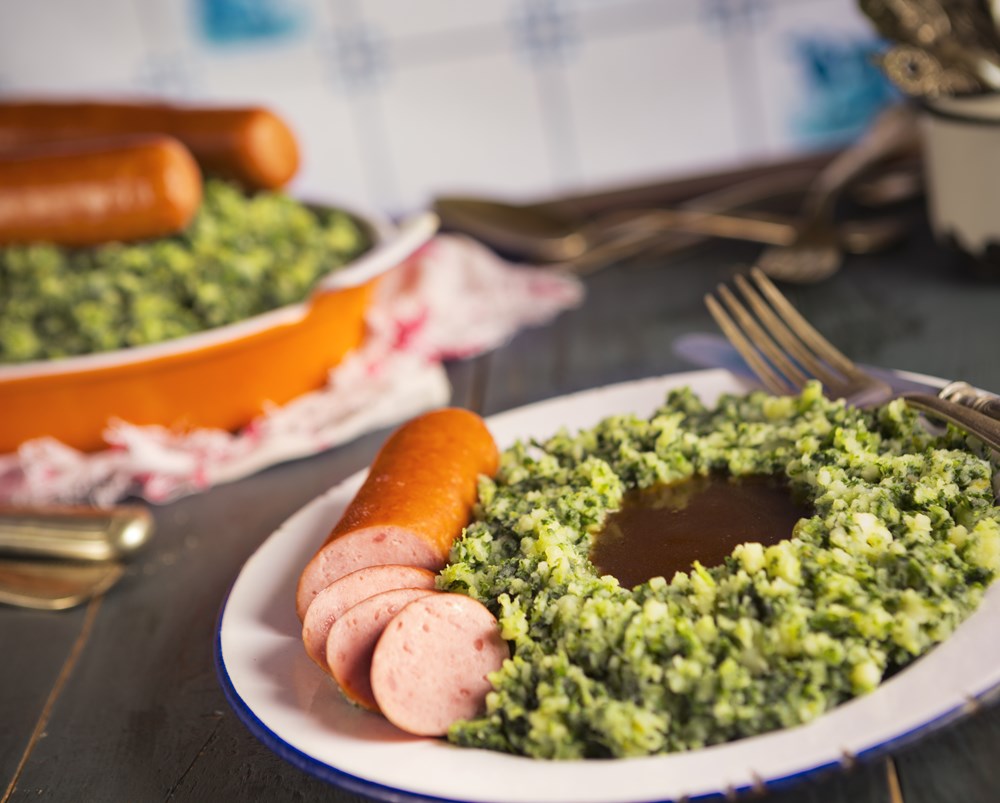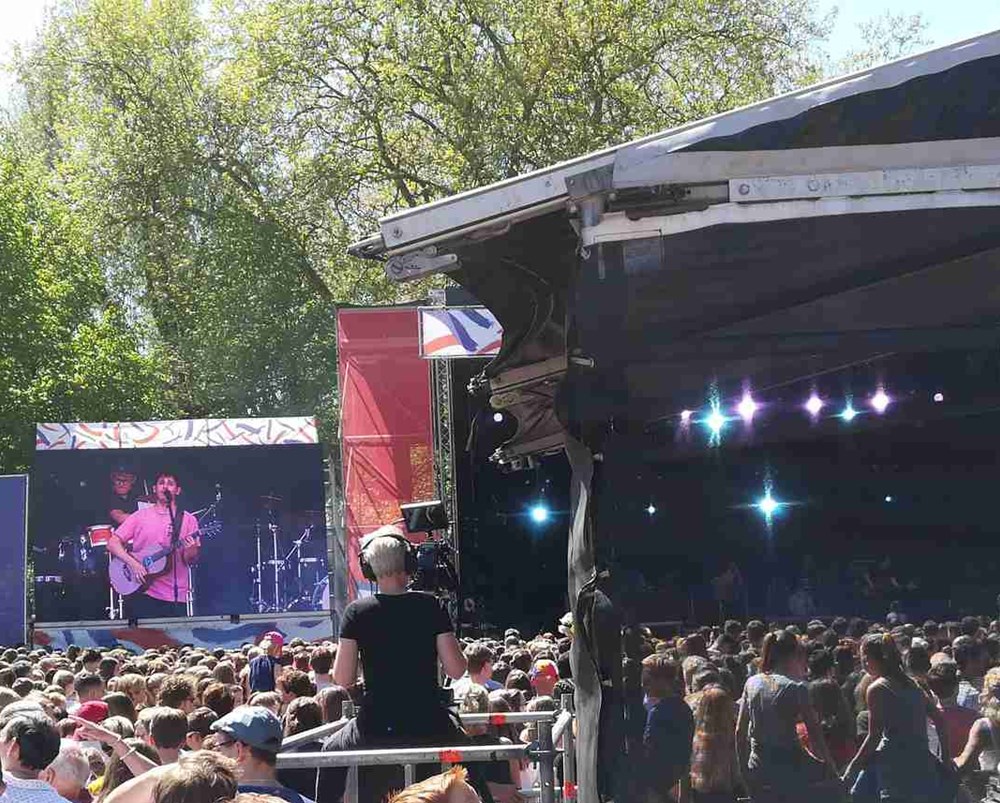
Liberation Day in the Netherlands
Hot on the heels of King’s Day, there is another important day in the Dutch calendar: Liberation Day on 5 May.

Although King's Day and Liberation Day are the largest celebrations that the Netherlands has to offer, they are quite different in tone and atmosphere. While King’s Day is really just one big party, the significance of Liberation day is a lot more nuanced. The Dutch suffered greatly from the Nazi occupation during the Second World War. Cities such as Arnhem and Nijmegen were completely razed to the ground, and most families have quite a few dark stories about the war that were passed through the generations. This is probably why Dutch people take Liberation day a lot more serious than King’s Day. Liberation Day is part of a two-day tradition that starts on the evening of 4 May, when we commemorate those who have fallen during the war by observing two minutes of silence. People gather in various places throughout the country and in front of their television sets to do this, and it is considered extremely poor taste to start talking during these two minutes of silence. The fire of freedom, ‘het vredesvuur’, is lit and subsequently brought to all corners of the country by runners.

There is one city that is of great significance to the Dutch and where the celebrations are most joyous. That’s the city of Wageningen, where the official German capitulation in the Netherlands took place on 5 May 1945. All day long, people celebrate freedom, democracy and human rights — values that are extremely important to the Dutch.

